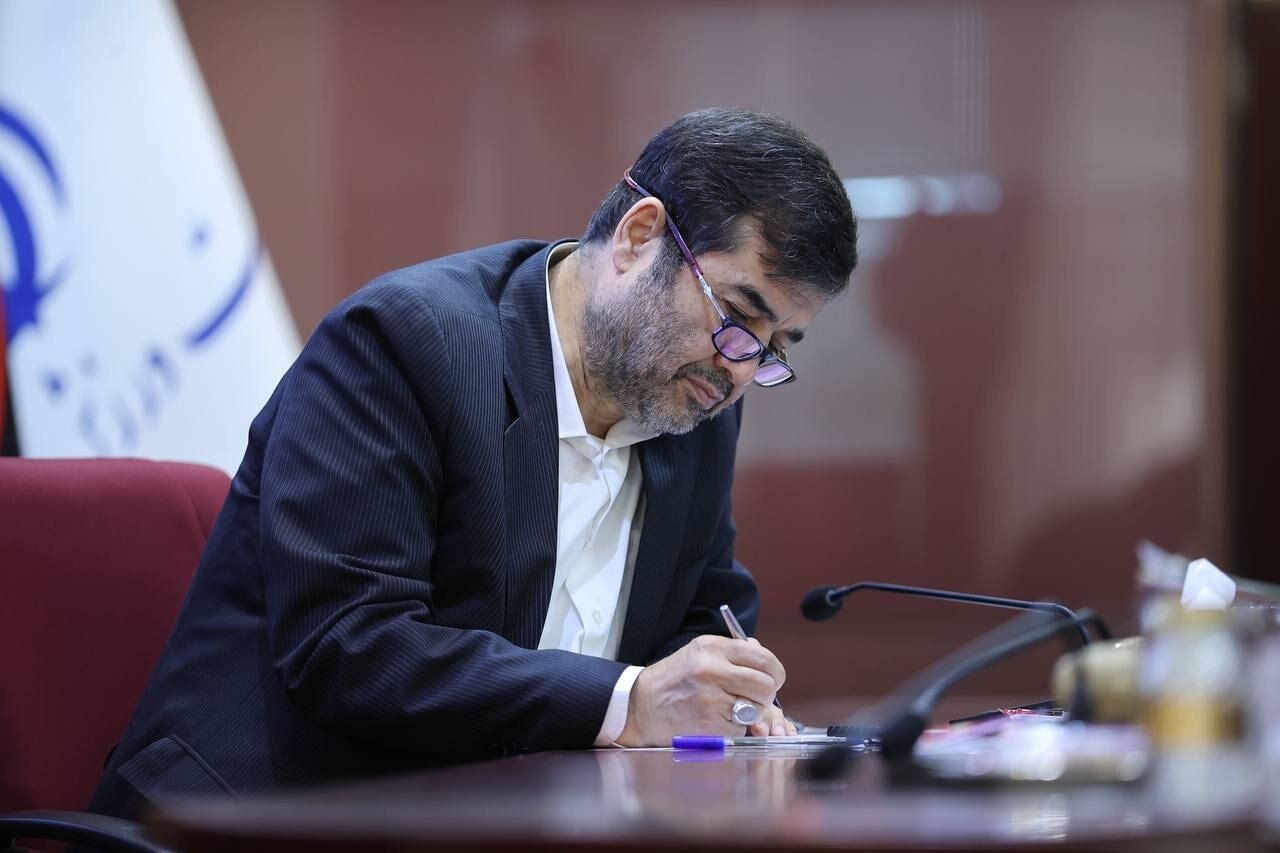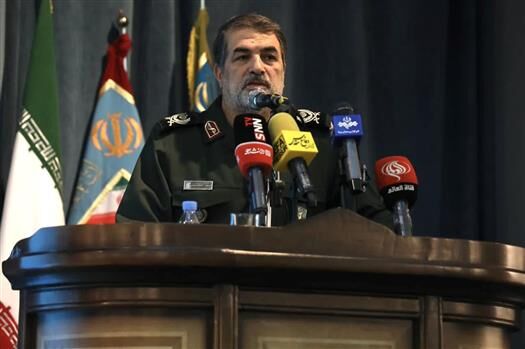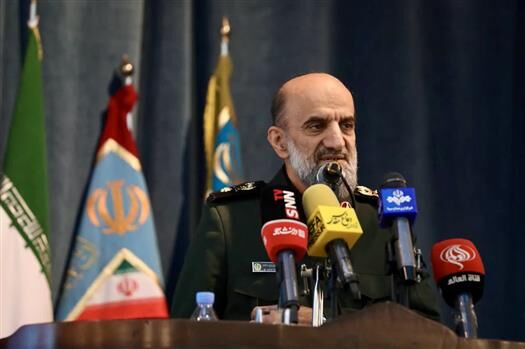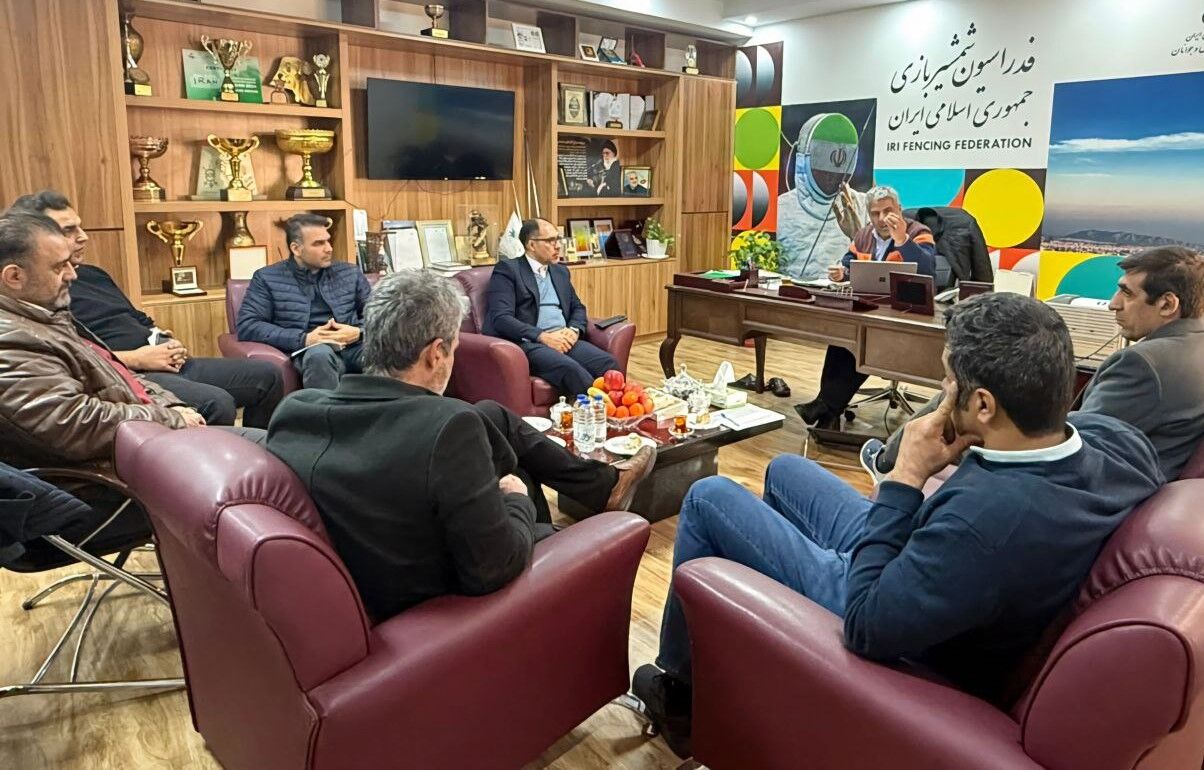In Gaza, families are running from death to more death
In Gaza, families are running from death to more death

Surviving a holocaust is not about making one decision. It is about making decisions every day - decisions that can mean life or death.
Do you stay or do you go?
Right now, more than a million Palestinians are trapped in the firestorm of Israel's advance on Gaza City and are forced to make, and remake, this agonising choice.
On Sunday, Middle East Eye reporter Mohammed al-Hajjar walked four hours under the sun with his wife, Inas, and their two children.
In a short video he sent me from Al Rashid Street in Gaza City, what was once the bustling heart of Gaza now looks like a dirt road cutting through a wasteland.
It is littered with Israeli leaflets written in Arabic describing the route residents of Gaza City must take under Israeli expulsion orders.
One of the children is holding a schoolbag, and the other is dressed in black, as they walk into the unknown.
Desperate to survive
For two years, Mohammed has tried to save his family amid the widespread destruction of Gaza. But every attempt at survival has been met with a fresh catastrophe.
Last year, Mohammed and Inas decided to leave Gaza for Egypt, wanting to secure an education for their children. Israel had bombed all the schools in Gaza, turning them into rubble and effectively terminating the education system.
With their home, possessions and memories all left behind, Mohammed, Inas and the children slept on the street and then began marching south with all they could carry
But at the Netzarim Corridor, an Israeli checkpoint that bisects northern Gaza from the south, Inas was arrested. Soldiers stole her savings, passports, phones, credit cards - even the family's gold.
After two days, Inas was released and sent back to the north.
Her husband and children were forced to continue on without her, but by the time they arrived, the Rafah crossing into Egypt had been permanently closed.
Mohammed and the children remained stuck in the south, while Inas was in the north.
A brief ceasefire in January allowed Mohammed to return north, walking back with the children alongside hundreds of thousands of others. After 75 days of separation, the family had finally reunited.
But last Sunday, he and his family were once again forced onto the road. "Last night was absolutely terrible," he told me over WhatsApp.
"At dawn, they dropped three exploding robots on us along with 20 or 30 bombs. There was a quadcopter over our home and our neighbour's house. It was a night from hell, and we could not sleep or do anything. We have decided to quit our house, that's it," he added.
Israeli forces shelled the house next to theirs overnight on Hamid Street.
With their home, possessions and memories all left behind, Mohammed, Inas and the children slept on the street and then began marching south with all they could carry.
"We have been walking since this morning," Mohammed said. "This trip is the second-worst day of our lives. On the first trip, they detained my wife, robbed us and separated us. Now we are doing this trip all over again. We bid farewell to our home and to Gaza, and head into the unknown."
Lifelines destroyed
Palestinians face the impossible choice of fleeing into camps where starvation and sniper fire await or staying in Gaza City as Israeli forces deliberately destroy every means of survival.
It is difficult to say with any accuracy how many are on the road and how many have decided to remain in their homes.
One resident, Emad Sarsawi, told MEE that he had decided to stay: "For months, I used to say that I was willing to die with my wife and children in our home rather than be displaced again. But what is happening is more dangerous than just death."
The previous day, his neighbour's rooftop solar panels, which pumped water and powered devices, were bombed.
Sarsawi said, "If we were bombed, we would all be killed at once. But like this, we can't even find drinkable, or even undrinkable, water, and we'll die slowly of thirst."
MEE correspondents in Gaza City reported that Palestinians who resist expulsion are being forced out by the calculated destruction of their only means of survival.
Israeli forces have concentrated their attacks on vital lifelines like high-rise buildings and schools that are sheltering thousands of refugees, water tanks, rooftop solar panels, internet access points and mobile charging stations.
No safe place
For those who move south, the dangers multiply.
What Mohammed and his family are walking towards is a life in a camp where searching for food means running a daily gauntlet of sniper fire.
Benny, an Israeli sniper in the Nahal Brigade, told Haaretz that he had killed so many children he had lost count: "I fire 50-60 bullets every day, I've stopped counting kills. I have no idea how many I've killed, a lot. Children."
Every day, Benny is given the same mission to "secure the humanitarian aid" in the north of Gaza.
His day starts at 3:30 in the morning. He sets up a sniper position, covered by drones and armoured vehicles, and then waits.
The aid trucks arrive between 7:30 and 8:30 and begin unloading their contents. As they do, a massive crowd of starving Palestinians push forward to gain a place in the queue. They don't know it, but there is an unseen line ahead of them.
"A line that if they cross, I can shoot them," Benny said.
"It is like a game of cat and mouse," he said. "They try to come from a different way every time, and I am there with the sniper rifle, and the officers are shouting at me, 'Take it down, take it down.'"
It is these conditions in the south that are deterring hundreds of thousands in Gaza City from leaving their homes.
'I have nothing to lose'
WhatsApp groups in Gaza City show the raw debate unfolding - whether to die at home or to risk death on the road.
"I will not make the same mistake I did last year when I moved to the south," one Palestinian said. "Not only is there no safe place, but I prefer to die in my house in Gaza City than to evacuate. I have nothing to lose."
Tens of thousands have been forcibly expelled as the Israeli army claims it has completed preparations for the occupation of the city.
Follow Middle East Eye's live coverage of Israel's genocide in Gaza
Gaza's Civil Defence Rescue and Support Agency says the expulsion order and the night attacks on civilians have displaced 70,000 people in recent days.
But the Israeli military puts the number of forced evacuees much higher, claiming 300,000 have fled, including 20,000 in just one night.
The disparity is political. The emptier Gaza City is alleged to have become, the freer Israeli soldiers feel they are to kill whoever remains.
Not only is there no safe place, but I prefer to die in my house in Gaza City than to evacuate. I have nothing to lose
After spending several nights on the street, Mohammed and his family finally reached Nuseirat refugee camp, north of Deir al-Balah.
After walking 12km in the full heat of the day, their bodies were exhausted and their shoulders broken from carrying whatever they could save from their house.
Around them, the bombs still fell.
"This was supposed to be the best time of my life, when I could watch my children grow up and become something important. Instead, I am living through the worst days of my life, and I don't know if I will even live to see them grow up," Mohammed said.
The views expressed in this article belong to the author and do not necessarily reflect the editorial policy of Middle East Eye.












